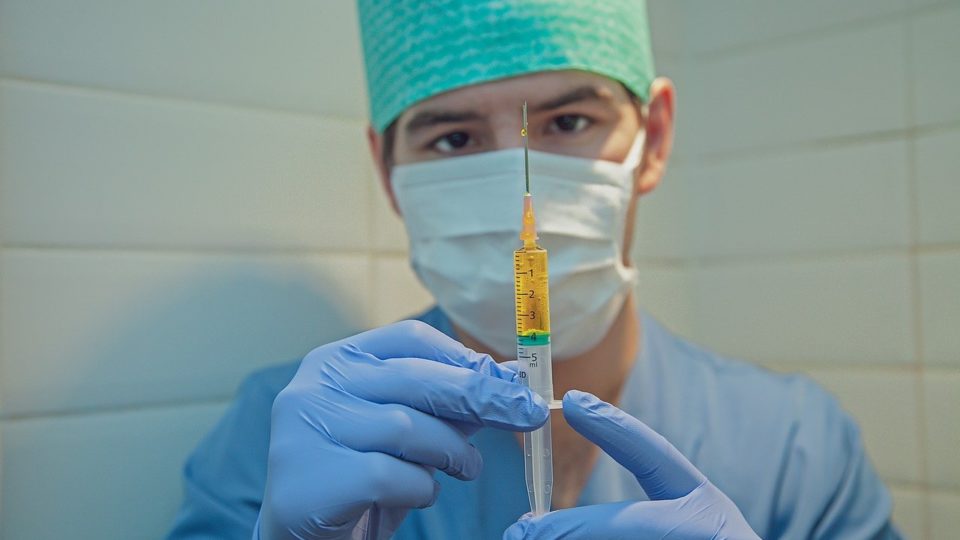One year ago today, the first case of a mysterious ailment first found in China was found outside its borders – in Thailand. Though it wasn’t announced until six days later and had no name beyond being called the Wuhan pneumonia for its emergence in the city of that name, it was the virus’ first step in plunging the world into a year of chaos and heartbreak.
Three-hundred-sixty-five days later, a second-wave of infections is burning through Thailand, which is expected today to cross the threshold of 10,000 infections. With restrictions on travel and life coming down hard again, many in the capital wonder when they might obtain one of the many vaccines coming on the market.
And for Thailand’s foreign residents, that oft-asked question usually comes with a skeptical assessment.
Coconuts Bangkok reached out to those who might know the answer and found out that, while health officials insist plans are not yet set in stone for the vaccine’s free rollout, citizens will likely be first priority.
A Disease Control Department representative, who refused to identify himself for fear of upsetting his higher-ups, told Coconuts Bangkok that some of the free doses may become available to some foreigners.
“Foreigners who work and pay taxes in Thailand might get it, but I’m pretty sure they will have to wait behind Thai nationals, unless they have changed their nationality,” he said in a phone interview.
1st case of SARS-like mystery virus from China found in Bangkok
Thailand plans to inoculate 33 million people for free starting in February when they are available.
He cited the existing inequities in the system under which foreigners are billed an additional THB500 for coronavirus tests at Bangkok’s public hospitals. That’s a considerable markup from the least expensive test available to Thais at THB1,500.
Specific conditions for which Thais or expats to receive the vaccine haven’t been discussed yet, government spokesperson Kemmika Intanin told Coconuts Bangkok. She said further announcements would be made after the first batch of vaccines arrive.
Distribution priorities haven’t been finalized, but a plan to put medical personnel first has been approved by the cabinet. Today, officials said those most vulnerable to the disease – likely the elderly and those with pre-existing conditions – will be able to register later this month. More details will be announced soon.
The majority will have to wait until May when 26 million AstraZeneca Oxford doses become available, which will cover 13 million people, as each requires two doses.
However, a small, first batch of 200,000 doses is expected from China’s Sinovac Biotech in February. Its vaccine, CoronaVac, has not completed its Phase III trials, which are still underway. Preliminary findings show it to be 91% effective.
The AstaZeneca vaccine has completed trials and been approved for use in several nations with stringent requirements, but at 70% is much less effective than some of its competitors.
Health officials this morning announced another 205 cases, of which 173 involved local transmission. Thirty-seven were found in Bangkok, and another 16 migrant workers were found to have been afflicted.
That brought the total, one-year caseload to 9,841 infections, with 67 fatalities, as of this morning.
Clarification: An earlier version of this story omitted that the representative was speaking for the Health Ministry’s Disease Control Department.
Related
Thailand to vaccinate 33M for free. Here’s what’s coming, and when.




